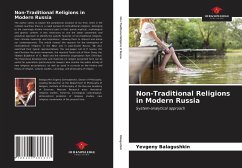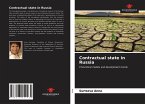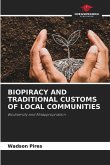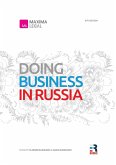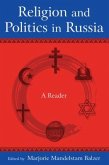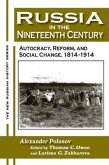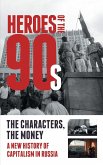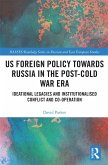The author seeks to explain the paradoxical situation of our time, when in the civilized countries there is a rapid spread of nontraditional religions, belonging to the seemingly distant historical past in their purely mystical, mythological and gnostic content. It was necessary to use the latest systematic and analytical approach to identify the specific features of non-traditional religions, their intimate meanings and aspirations, allowing them to interest and entice our contemporaries. The article reveals the reasons for the emergence of nontraditional religions in the West and in post-Soviet Russia. We also examined their typical representatives: the neo-pagan cult of P. Ivanov, the neo-Christian Vissarion movement, the mystical Taoist cult of Falun Gong, the Tibetan Buddhism of O. Nidal and the extremist organization Aum Shinrikyo. The theoretical developments and materials on religion presented here can be useful for specialists (particularly for lawyers who monitor the public activity of new religious associations), as well as used in curricula on the history and theory of religion, cultural studies, sociology, and philosophy of religion.
Hinweis: Dieser Artikel kann nur an eine deutsche Lieferadresse ausgeliefert werden.
Hinweis: Dieser Artikel kann nur an eine deutsche Lieferadresse ausgeliefert werden.

